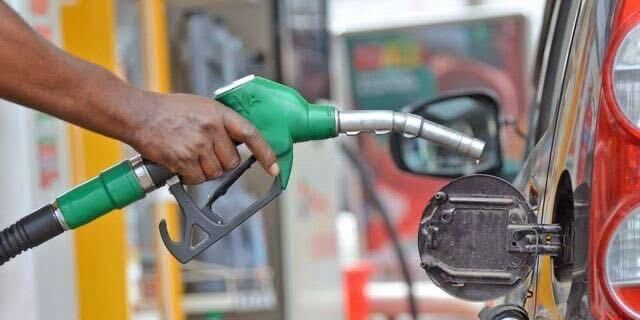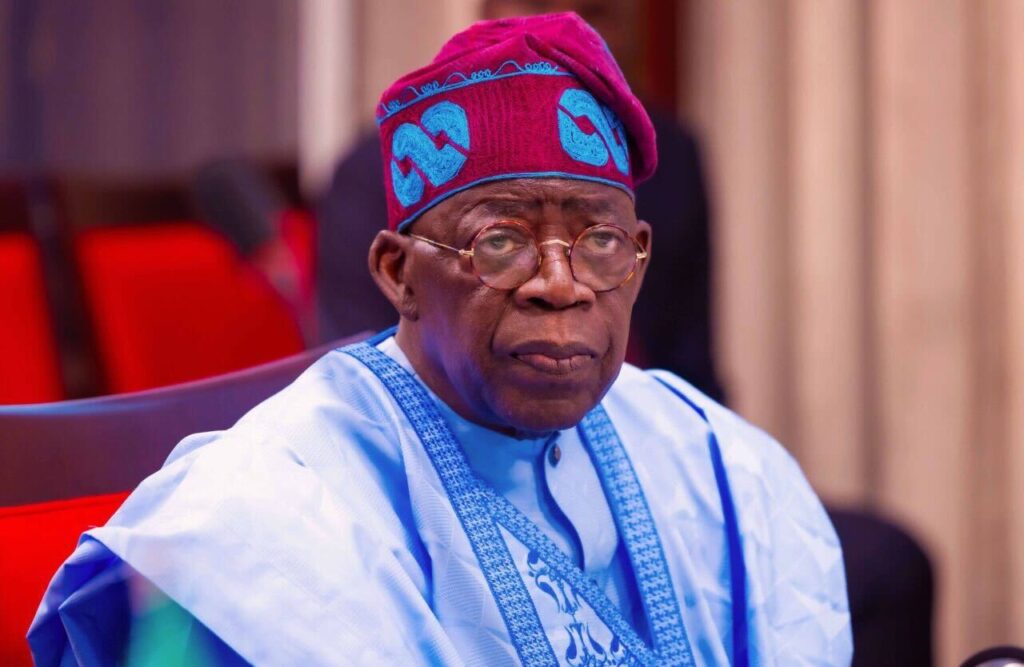The federal government has approved a 15 percent tariff on imported petrol and diesel as part of efforts to support local refining and stabilise the fuel sector. The move, signed off by President Tinubu on October 21, 2025, directs both the Federal Inland Revenue Service (FIRS) and the Nigerian Midstream and Downstream Petroleum Regulatory Authority (NMDPRA) to begin enforcement immediately.

According to reports from independent media, the tariff applies to the cost, insurance and freight (CIF) value of imported fuel. Market analysts estimate this could add around ₦99.72 per litre to the landed cost of petrol, potentially pushing pump prices in Lagos toward the ₦964 – ₦1,000 range.
Why This Matters and What It Means for Consumers

The policy is framed by the government as a corrective measure to address the disparity between cheaper imported fuel and the cost of locally refined products. Nigeria’s largest refinery, the Dangote Refinery, has ramped up output, and officials say the tariff will give local producers a more level playing field.
At the same time, critics warn that the timing of the tariff – coming amid rising living costs and recent subsidy removal could fuel inflation and deepen hardship for consumers. Some projections suggest prices could reach around ₦1,163 per litre if additional levies like VAT are factored in.
The government also expects the tariff to generate about ₦4.8 trillion in additional revenue annually, which would be directed toward the federal treasury and reinvestment in energy infrastructure.
While local refiners may benefit from reduced import competition, many fuel marketers and transport operators fear the higher costs will be passed on to consumers through higher pump prices and increased charges for goods and services.
In response to public concerns, both FIRS and NMDPRA have pledged to monitor the market closely and avoid sudden price shocks. Implementation is expected to include a transition period of roughly 30 days to allow importers to adjust shipments already in transit.
As the policy rolls out, its impact on fuel prices, transport costs and consumer behaviour will be closely watched across Nigeria’s economy.





Leave a Reply